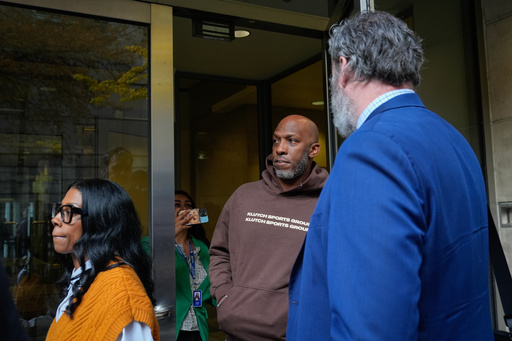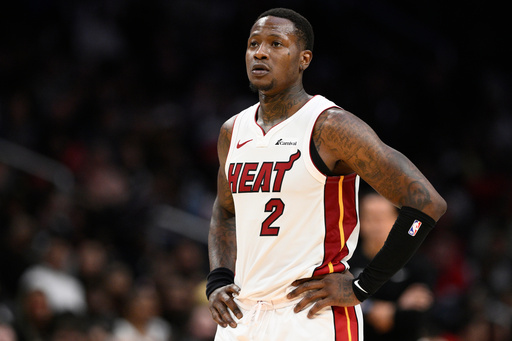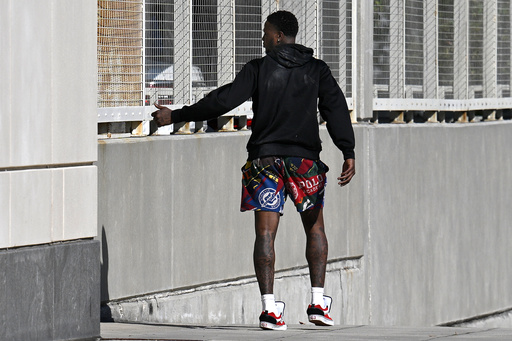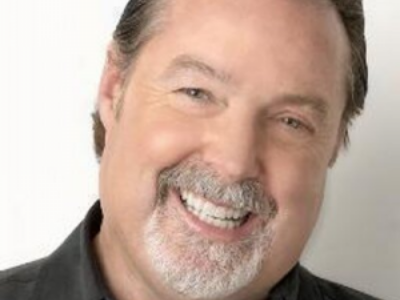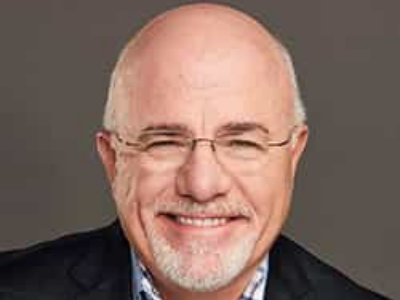Experts say criminal intent will be key in prosecuting NBA's Billups and Rozier in gambling cases
News > Top Stories

Audio By Carbonatix
5:24 PM on Friday, October 24
By ED WHITE and JOHN SEEWER
NBA coach and Hall of Fame member Chauncey Billups is charged with luring high-stakes poker players to games he knew were fixed, while veteran NBA forward Terry Rozier is accused of faking an injury and sitting on the bench to help bettors win thousands of dollars in 2023.
But do prosecutors have strong cases against them?
Proving those separate cases in New York federal court will require evidence of criminal intent by the two, not just unflattering allegations, legal experts told The Associated Press after reviewing blockbuster indictments released Thursday.
The indictment against Billups, 49, reads like a movie script, outlining how poker games were played on tables with hidden X-ray capability to read cards and rigged shuffling machines. The court document, however, doesn't say how much money, if any, he pocketed or how he might have communicated with poker fixers.
His lawyer has questioned why Billups — nicknamed Mr. Big Shot when he played for the Detroit Pistons — would risk it all when he was already a multimillionaire.
Rozier, 30, left a game early against New Orleans late in the 2022-23 season and didn't play again for Charlotte in the final eight games that followed. His attorney said Rozier confided in several people that he was genuinely injured.
“The public needs to be aware: Having an indictment doesn’t mean there’s been a determination of guilt,” said attorney John Lauro, who represented a disgraced NBA referee in a gambling scandal in 2007.
Here's what lawyers say about the challenges for the government and the defense teams:
By far the biggest name is Billups, a five-time All-Star as a player who just last year was inducted into the Naismith Memorial Basketball Hall of Fame. The head coach of the Portland Trail Blazers is charged with taking part in high-stakes poker games that were fixed with sophisticated cheating devices to fleece unsuspecting gamblers out of millions.
Not spelled out in the indictment is what evidence there is that Billups would have known the poker games were rigged, said former federal prosecutor Mitchell Epner. “Even if he received money to help bring high-stakes people to the games, that’s not illegal” he said.
What prosecutors must prove, Epner said, is that Billups knew the games were fixed and profited from being there.
Former federal prosecutor Evan Gotlob suspects that investigators would have emails, text messages or even witnesses that connect Billups with the scheme.
“When a white collar case like this takes a couple years to develop, they usually have cooperating witnesses. Or as the mob calls them, ‘snitches,’” said Gotlob, who now works on white-collar crime.
The best evidence in these types of cases is communication between people, likely text messages, he said. “We may find out they had wiretaps,” he said.
“They’re not going to charge someone like Chauncey Billups, a Hall of Fame player, unless they have a strong case,” Gotlob said. “You don’t want to ruin someone’s life without really good evidence.”
One possible defense that Billups’ attorneys might pursue is to question why someone who’s made more than $100 million over his career and built a solid reputation would put it in jeopardy for a relatively small payout.
“If he was living the high-life and still has a lot of money, that is a viable defense,” said Rocco Cipparone Jr., a New Jersey defense attorney and former federal prosecutor. “If he blew it all, it makes more sense.”
Rozier is accused of telling a friend that he would leave a game early in March 2023, nonpublic information that was spread to others who placed more than $250,000 in prop bets on his weak 5-point performance for the Charlotte Hornets and raked in winnings, according to the indictment.
The court filing lists many unnamed co-conspirators who placed bets and could become key witnesses.
“It’s going to make defense of the case much harder,” said Brian Legghio, a Detroit-area lawyer who represented a gambler in a University of Toledo basketball point-shaving scandal in 2006.
Lauro said prosecutors typically try to build a conspiracy case around unindicted co-conspirators, people who have not been charged but admit wrongdoing.
“A big part of that is to get the communications in (at trial) between the target defendant and the unindicted co-conspirators, more likely text messages,” Lauro explained. “The government clearly is loading up.”
But Lauro said he wouldn’t be discouraged.
Text messages, the New York defense lawyer added, are "not necessarily clear on their face and you don’t always have a full context.”
The indictment says Rozier’s boyhood pal, Deniro Laster, used text messages to share information with others about the player's plan to leave the game. In exchange, the indictment states, Laster would get a cut of the winnings.
Anyone wagering that Rozier would perform under the scoring line set by oddsmakers was in the green.
Laster drove to Rozier’s home in Charlotte, North Carolina, and together they “counted the money” a week later in the early morning hours, the indictment says. The document doesn't say that Rozier got a cut.
“When you go into that level of detail, prosecutors could know because someone in the room knew it. It sure is a sign of strength,” said Steve Dollear, a former federal prosecutor in Chicago.
Defense attorney Jim Trusty said Rozier was cleared during an earlier NBA investigation.
“That has no evidentiary value,” Lauro said. “As a defense lawyer or as a prosecutor, I really wouldn't care what the NBA did.”
